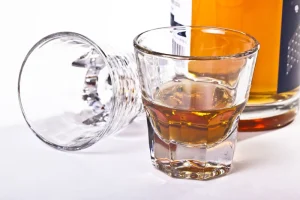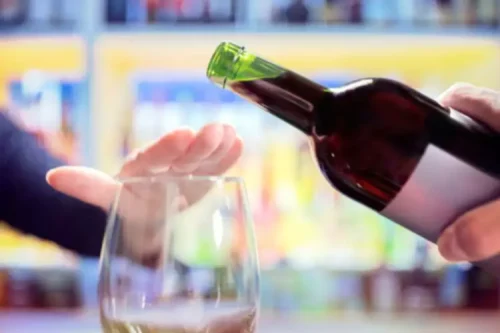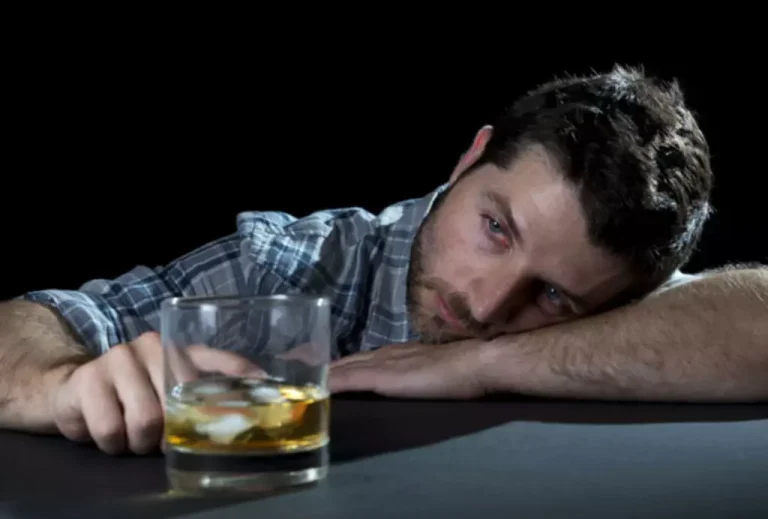
"I struggled for so long as a youth and didn't know there was a recovery community because by nature we're in a program of being anonymous. Whether you're talking about Alcoholics, Narcotics Anonymous or Cocaine Anonymous — it's an anonymous program," said the star. "Anonymity at the level of press, radio and film — which I'm probably breaking right now what drugs did macklemore do — is one of the founding principles [that made me feel unsure]." “If it weren’t for recovery, I wouldn’t be here period, but I definitely would not be on this stage. I never had moderation with anything and that absolutely transferred into drugs and alcohol from an early age,” Macklemore, whose real name is Benjamin Haggerty, said in between songs.
Macklemore Says 'I Was About to Die' Before Sobriety Journey: 'I Wouldn't Be Here' Without Rehab

"I didn't know that there was a community that was there to support, love me unconditionally, and had the same f--king disease," he said. In his interview with the People's Party with Talib Kweli podcast, Macklemore praised the benefits of addiction support groups. When I went to treatment, I learned about my disease for the first time. As the weeks went by, I started acquiring tools to stay sober, one day at a time. When I got out I became immersed in a recovery community that I rely on to this day.
- "You know, I'm a white rapper. I'm gonna get compared to other people. It is who I am." When it comes to inevitable comparisons with white rappers past – namely Vanilla Ice and Eminem – he's philosophical.
- Macklemore is opening up about his struggles with addiction and recent relapse.
- Macklemore shared how his relapse influenced the process of crafting his new studio album "BEN," due for release Friday.
- If I’m not reaching out to others, being of service, going to meetings, working the steps, I will eventually forget how bad it gets.
- This call for equality isn't just attention-grabbing bandwagonning; with two gay uncles (his dad's brothers) and a gay godfather, this is an issue close to Macklemore's heart.
Macklemore’s Relapse and Recovery Can Inspire Many
- Take a look at our state of the art treatment center.
- I was starting to make music with Ryan Lewis and I wrote a song called “Otherside.” I hadn’t had any music really connect until we put out the “VS.
- In the realm of hip-hop, often criticised for its obsession with material wealth and rampant homophobia, charity shopping and gay marriage are highly unusual subject matters to say the least.
- On a mission to rediscover his musical voice, in late 2008 he started working with his now full-time producer and business partner, 25-year-old Ryan Lewis.
- He explained that he purposely kept the album to himself until he could share it with a wider audience.
The substance of abuse may be legal or illegal but typically leads to negative consequences for the individual. The hip-hop duo released their second album, This Unruly Mess I've Made, in 2016, preceded by Top 20 lead single "Downtown." "For a lot of these youth, [I thinking they feel like,] how could you even know?" said the star.

Related: Everything 'Bachelorette' Winner Zac Clark Has Said About His Sobriety
- Having to remain indoors and not being able to continue with a regular social life can be taxing and depressing.
- The Can't Hold Us singer revealed how his addiction began when he was 14 years old and had his first shot of alcohol, which turned into 12 shots within 30 minutes.
- He noted that along with trying his best and making mistakes along the way, "There's some [mistakes] in the future too, somewhere along the line, in some capacity with my life but I just want to be able to share that with the people that I love and that follow me."
- Macklemore explained that he had "stopped doing the things that prevented me from getting high and I listened to that voice."
You may not recognise his name yet, but by the end of the summer you will, and if you've ever heard his number-one hit "Thrift Shop", a high-octane tongue-in-cheek ode to charity shopping, chances are that its ferociously catchy chorus is still looping round inside your head. The FHE Health team is committed to providing accurate information that adheres to the highest standards of writing. If one of our articles is marked with a ‘reviewed for accuracy and expertise’ badge, it indicates that one or more members of our team of doctors and clinicians have reviewed the article further to ensure accuracy. This is part of our ongoing commitment to ensure FHE Health is trusted as a leader in mental health and addiction care. In his conversation on the “Armchair Expert” podcast, Macklemore reports struggling during the early stages of the pandemic and eventually falling into a relapse.
"It was a couple weeks of a relapse and very painful," the 39-year-old recalled. "And I'm still working on trust issues with myself and within my close circle of friends." That’s an important step forward, because stigma helps perpetuate the problem. It prevents policy makers and those in power from focusing on treatment and solutions, and instead puts the focus on punishment. Rather than punitive laws that don’t address the root of the problem, we need to provide more tools to help people get their lives back together, get their kids back, get jobs, be happy and be functioning members of society.

He talks about how acceptance plays a big role when pivoting from relapse to recovery. This refers to the powerful cravings individuals experience about the substance of abuse. Cravings can be extremely difficult to manage and are often described as a physical feeling of discomfort.
MORE: Macklemore opens up about his 2020 relapse to Dax Shepard: 'The disease of addiction is crazy'
"There is a therapeutic value of one addict to another sharing their experience, strength and hope [and] that has saved my f—ing life and continues to save my life." When talking about addiction and treatment, the "Can't Hold Us" rapper stressed, "I hope that people will come out of the shadows, that the guilt and the shame of the disease of addiction lessen and we don't feel like we need to hide anymore." Over the years, Macklemore continued to put a spotlight on his own experience with addiction by bringing awareness to substance abuse in the U.S.

